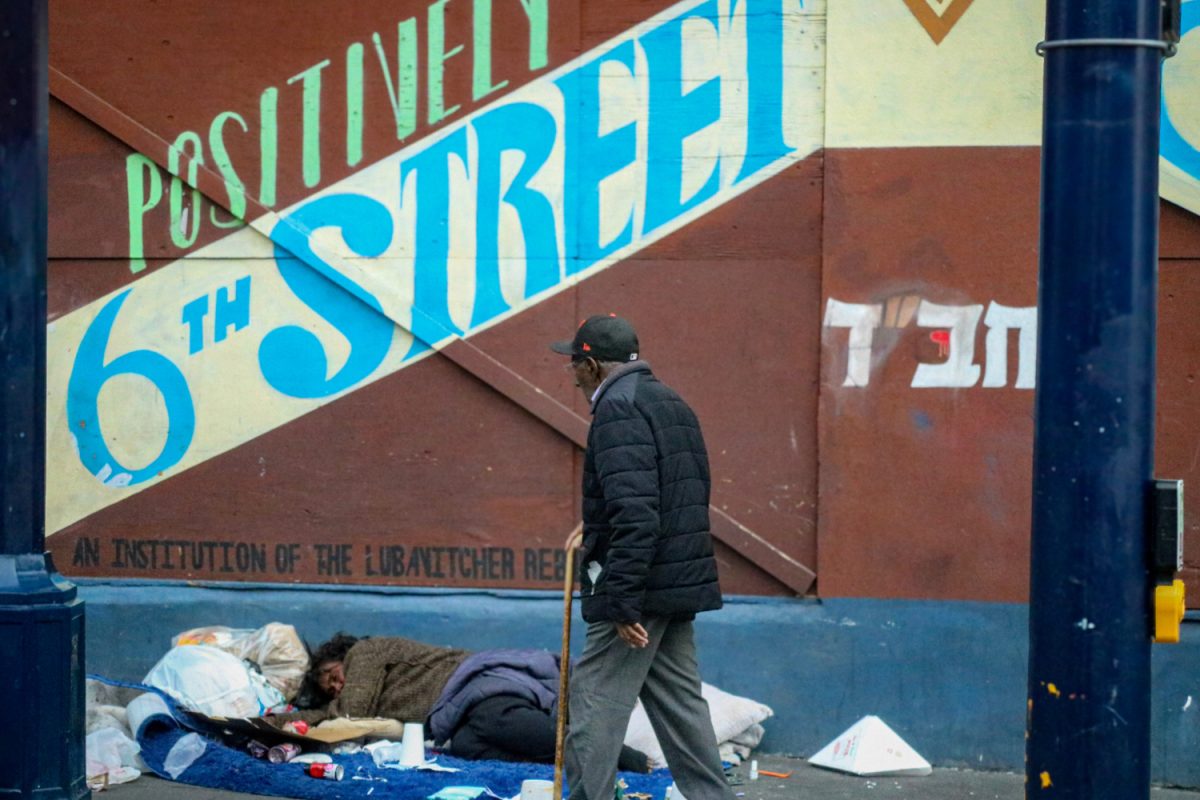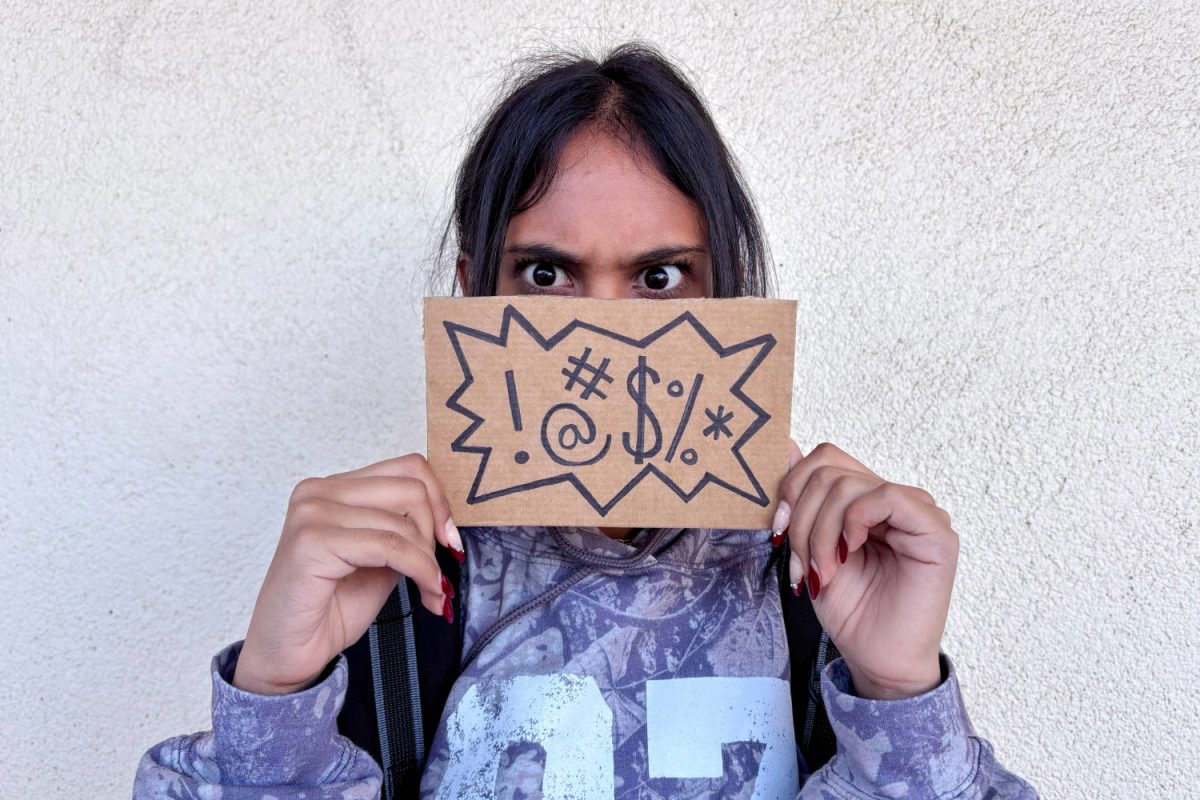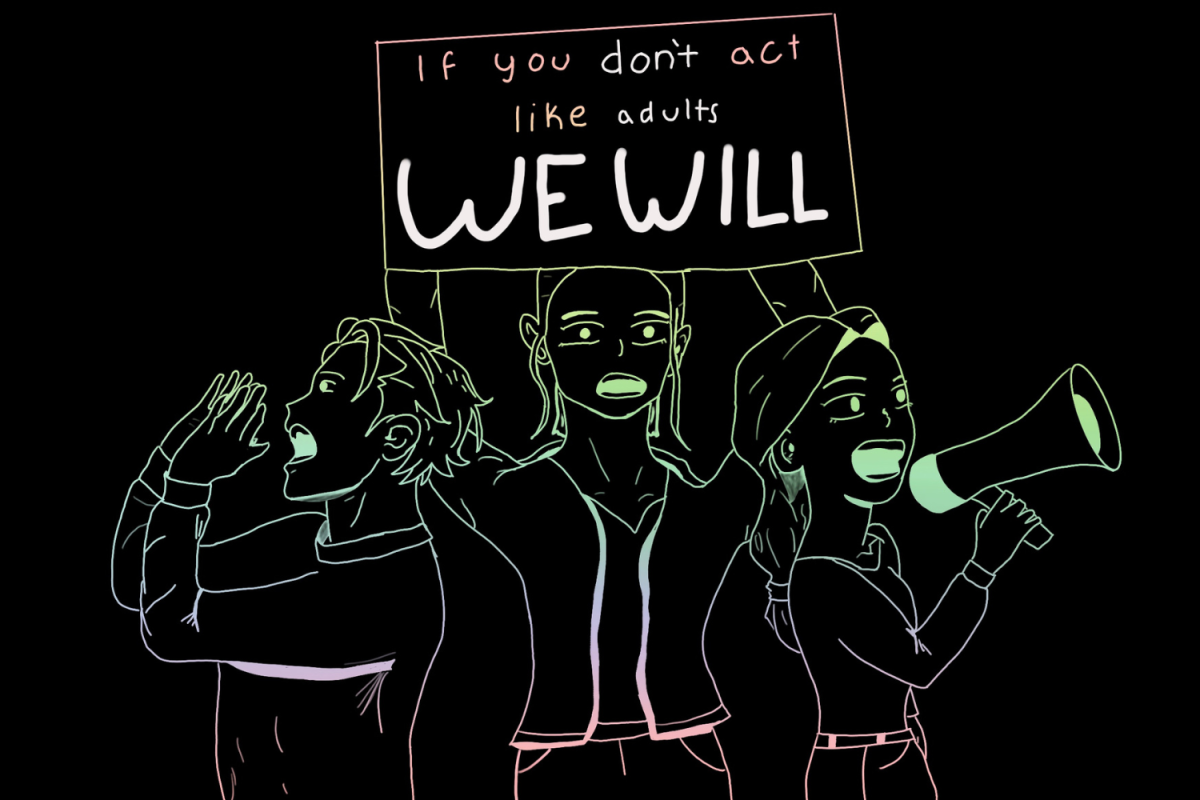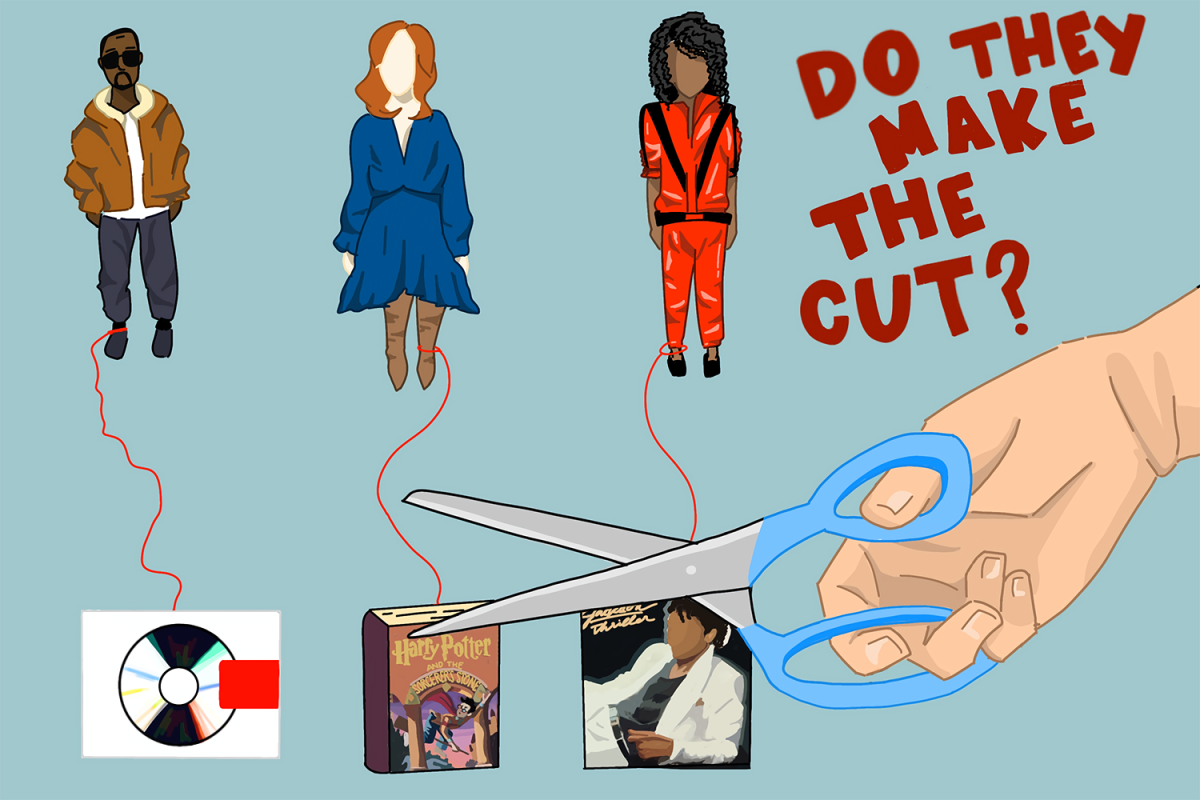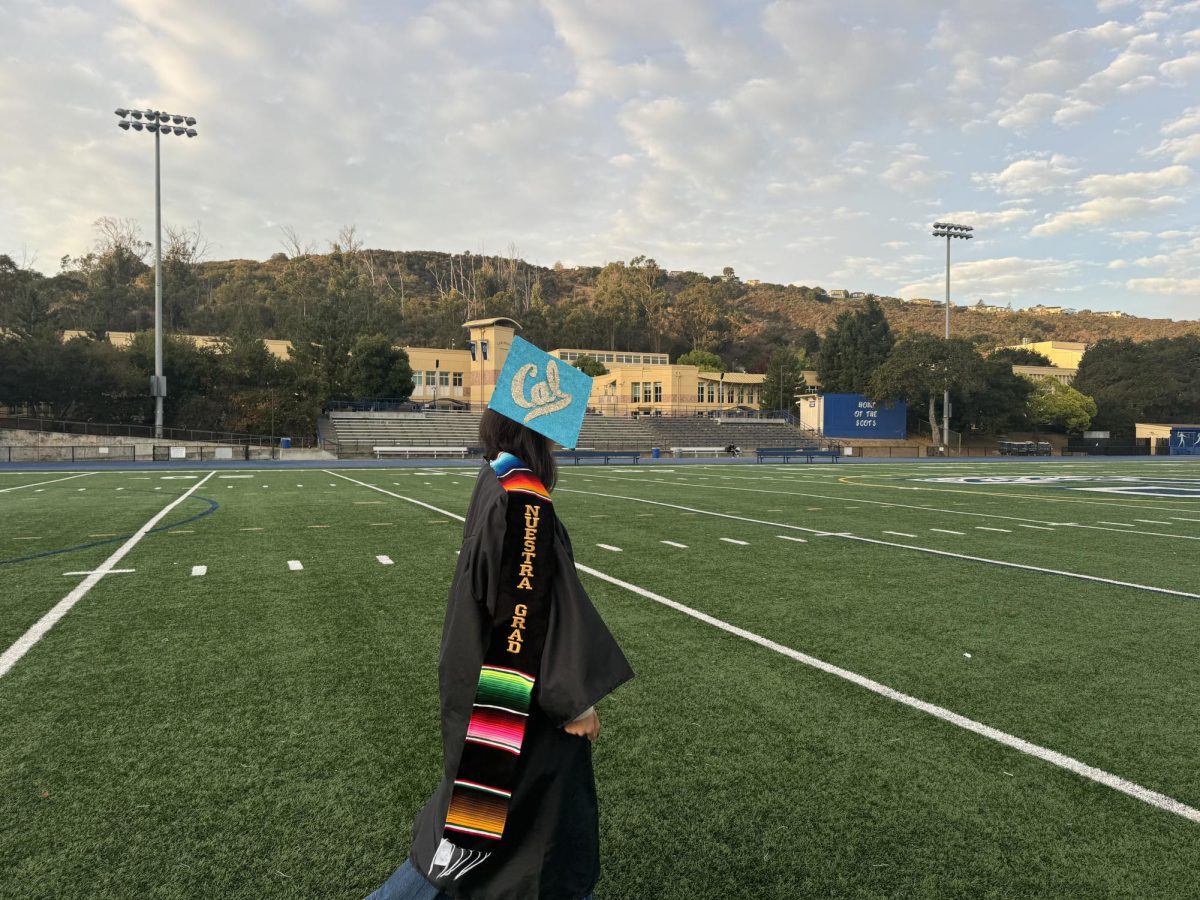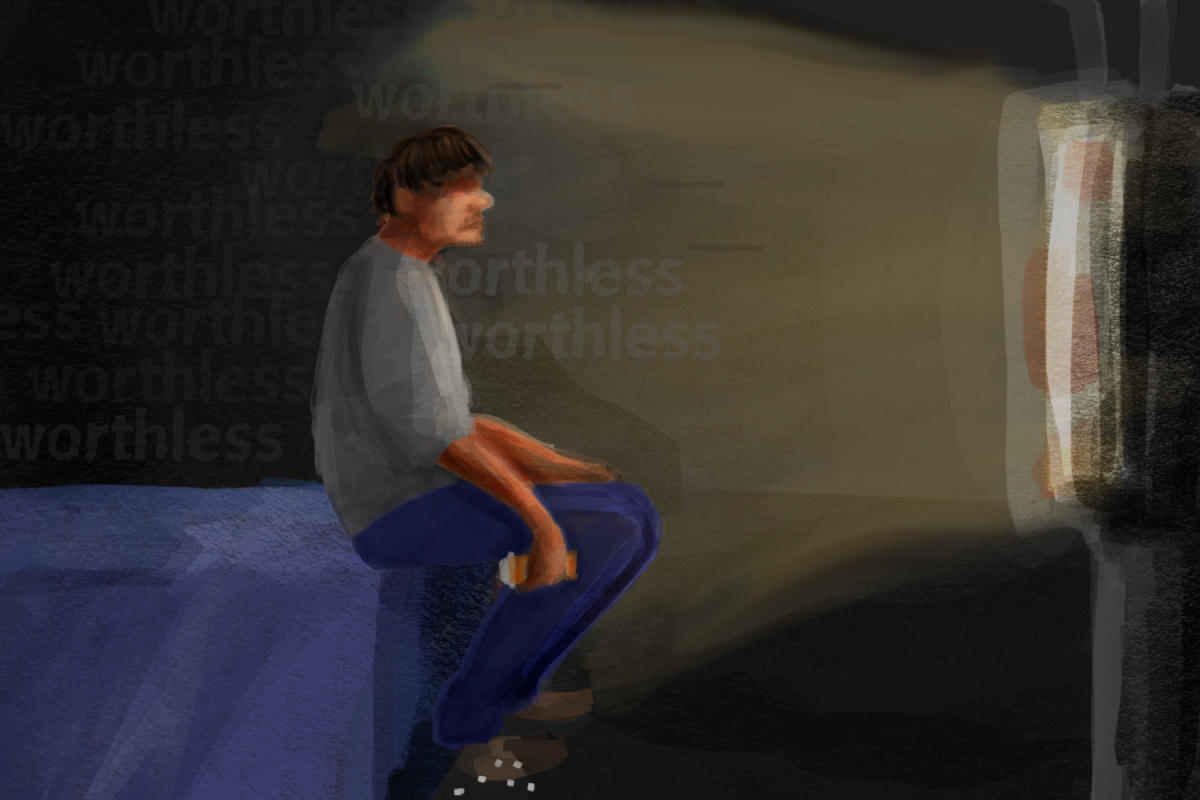A man stands on the corner of Natoma and Sixth Street in the heart of the SOMA District, San Francisco. The man reaches for a needle, plunging it into his damaged flesh, wounded from previous doses. As he keels over in a complex mix of agony and bliss, he transforms into a mere statistic, just another overdose.
Under traditional California law, this man could have been arrested and charged with a felony, possession of illegal drugs. However, California Proposition 47 makes possession of most illicit drugs a misdemeanor.
Police officers will be unable to arrest this man. Families and citizens will continue to walk by this man. No forced rehabilitation will occur for this man. As a result, he and others like him will continue to suffer in neighborhoods like the Tenderloin and SOMA.
San Francisco natives like Ricci Wynne watch these events unfold daily. However, Wynne has had a different relationship with crime than many of his fellow locals.
According to a California Court Report, in 2019, Wynne was charged with two counts of possession with intent to distribute cocaine and one count of possession of a firearm with ammunition. Wynne was released from federal prison in 2021.
However, that wouldn’t be Wynne’s last encounter with the authorities.
“When I came back to San Francisco, I saw how the city had changed and become worse than it was before. With the newfound knowledge I had from doing recovery and looking at things from a different lens, I started to see that a lot of the policies that were set in place were not only hampering people’s abilities to recover but also causing many of the problems we are having with crime,” Wynne said.
After experiencing rehabilitation firsthand, Wynne became involved in outreach with the city. Wynne worked for J.C. Decaux to manage public restrooms in the Tenderloin district and the Billie Holiday Community Center in the SOMA district.
Wynne observed how the system prevented the recovery of various individuals through the harm reduction model that the city employs.
“If you are going to run a 12-step abstinence-based program, you won’t be able to get the funding unless you use some form of harm reduction, which is, in essence, letting the person still use drugs,” Wynne said.
Wynne got another job working in the rehabilitation sector of San Francisco, but many harmful policies caused Wynne to resign.
“In the midst of my resignation from that job, I lost a cousin to fentanyl poisoning. This loss marked a big watershed moment that brought me to what I am now doing,” Wynne said.
This event marked the beginning of a more public journey to educate others on the issues that San Francisco faces.
“In July of 2022, I was on the 14 Mission bus, and there were 30 to 40 kids on this bus with one chaperone. They were getting off on Eighth and Mission, forced to get off in front of a homeless encampment with people doing drugs and selling drugs. I recorded that because it really hurt my feelings to see that kids had to walk through that,” Wynne said.
Wynne posted the video to Twitter, tagging politicians such as Governor Gavin Newsom and former Mayor London Breed. The footage quickly amassed thousands of likes, with public outrage over the issue raising awareness.
Since posting the video, Wynne has become a top advocate for crime issues in San Francisco, growing his Instagram account to over 100,000 followers. Fox News, California Insider, and Blaze TV have interviewed Wynne about the video and his opinions on San Francisco crime.
However, Wynne’s opinions on San Francisco crime often differ from those of the San Francisco Police. According to The San Francisco Police’s Crime Dashboard, so far in 2024, San Francisco’s violent crime has seen a 14% decrease, and property crime has seen an over 30% decrease. However, this has led to mixed perspectives on crime in San Francisco.
“The open-air drug market and retail theft are still huge issues, but as a whole, it is getting better,” said San Francisco Police Officer Patrick Smith.
Wynne, however, shares a different cause for lowering crime rates.
“From my point of view, I still see people doing certain things, but the stores don’t report crimes anymore. My car has been broken into three times in the past year, and I don’t report it because nothing will be done about it,” Wynne said.
Additionally, Wynne shared another alternative cause.
“The numbers and the stats are going down because many of these things are not illegal anymore,” Wynne said.
In 2014, California Proposition 47 was passed in California, changing many cases of drug possession and theft under $950 to misdemeanor charges, as opposed to felony charges that warranted prison time.
In 2024, however, the majority of California voters voted in favor of Proposition 36, overturning many key aspects of Prop. 47.
An article by the Legislative Analyst’s Office says that the implementation of Prop. 36 means that many misdemeanors, such as thefts under $950, become felonies if the person has a history of two or more convictions for certain theft crimes. For crimes like these, the maximum sentence will be three years in prison, with additional time added for crimes committed by three or more people. Additionally, many drug-related crimes go from misdemeanors to felonies under the new law.
“Personally, I think Prop. 36 is a great start in getting things back, but that is a state issue,” Smith said.
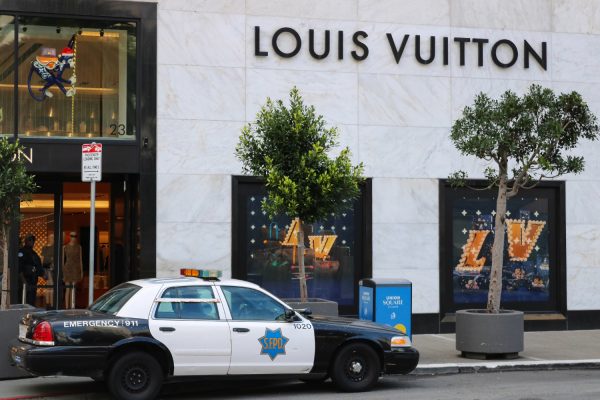
However, according to the Legislative Analyst’s Office, the proposition is not a total net positive for California due to its costs. A change in sentencing from the proposition will cause many county-level sentences to be served at a state prison, increasing the state prison population by thousands. Additionally, state courts would be flooded with a new stream of felony cases, taking more time than misdemeanors to resolve.
These changes will result in an overall cost hike of anywhere between tens of millions of dollars to the low hundreds of millions per year. This cost only represents 0.5% of the state’s total General Fund Budget, which pays for most public services.
Along with the passing of Prop. 36, San Francisco Mayor London Breed has been replaced by Mayor Daniel Lurie.
“Lurie has some common sense policies because he is a businessman. He has done a lot of good things before he was in office, like building housing for the homeless across the street from 850 Bryant. I have a lot of faith that he will do what’s right for the city,” Wynne said.
While Smith was more reluctant to comment on the new mayor, he shared a sentiment similar to Wynne’s.
“As long as they move in the direction of enforcing laws, it will be better for everybody. That is the most tactful answer I can give,” Smith said.
Just two weeks after Wynne was interviewed by Scot Scoop, a police report was released showing that he was arrested for pimping-related charges at the San Francisco International Airport.
An investigation was initially conducted on Wynne because he was a suspect in the sexual assault of a 15-year-old. However, the cases are separate at the moment.
According to an article by the San Francisco Standard, Wynne was found to be traveling with a 30-year-old woman who Wynne was suspected to be pimping out in his sex work. Both Wynne and the woman have denied any involvement with the prostitution and pimping charges. However, when he was arrested at his apartment, Wynne had nearly $80,000 in cash, leading officers to become more suspicious of his actions.
A press release from the San Fransisco District Attorney said how officers found multiple phones in Wynne’s possession containing evidence of sexual advertisements of a woman, communication of the woman being able to exchange sex for money, and the collection of that money.
Prosecutors have also shared that there is evidence of a second woman who Wynne engaged in sex work with, but the woman was not found in the airport when Wynne was arrested.
Wynne, who was on federal probation when he spoke to Scot Scoop, is now in federal custody, making court appearances on Dec. 6 and Dec. 12.

